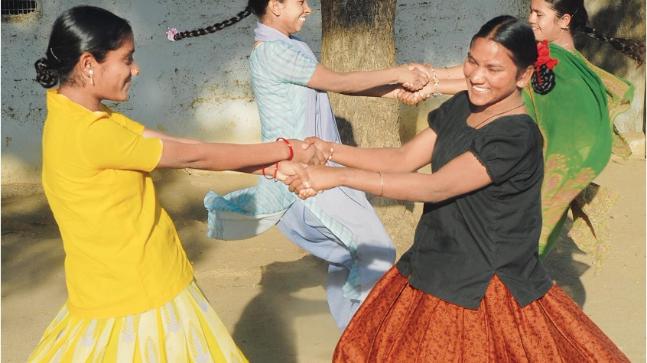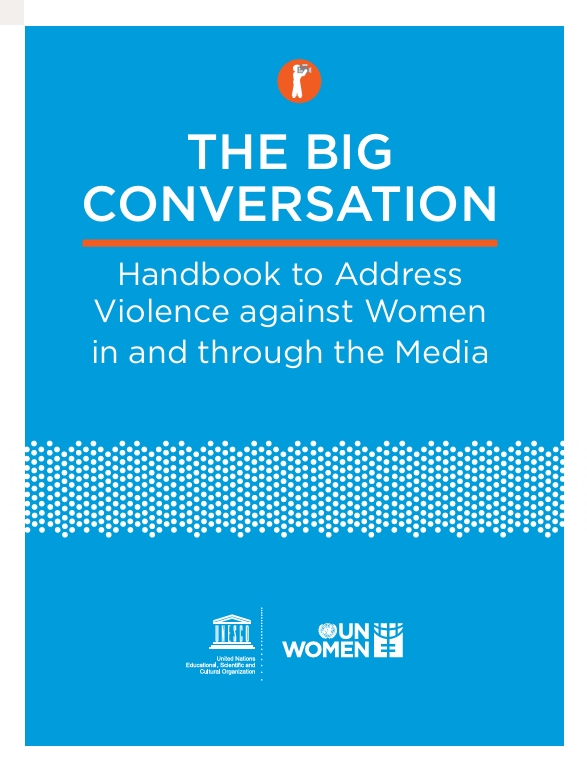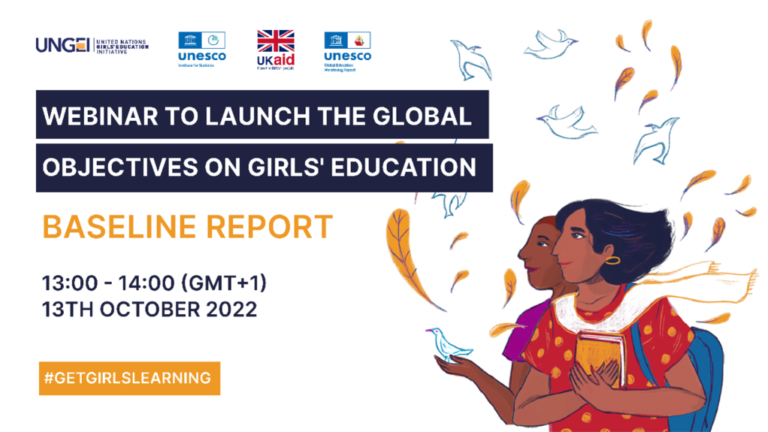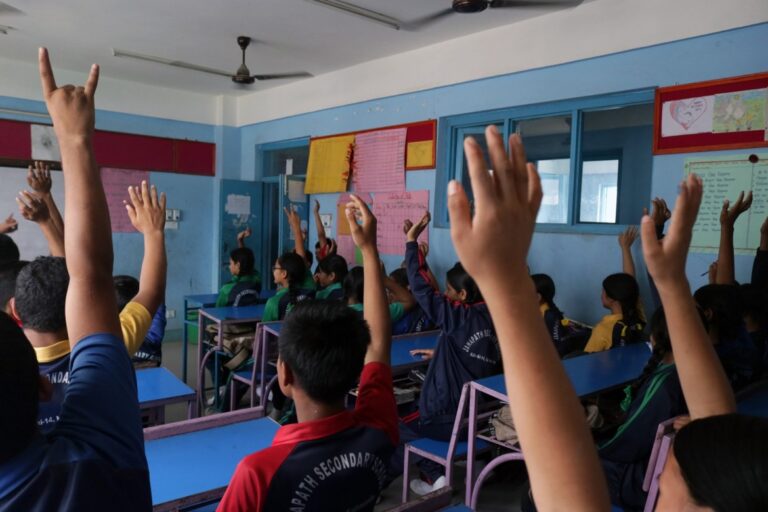Arpan Rai | 05 February 2018
Around 2.5 crore children of the country, especially adolescent girls, are not involved in any of the schemes run by the government, National Commission for Protection of Child Rights (NCPCR) members have found.
In a recently published report for making recommendations on vocational skills for thousands of ‘out of school’ adolescent girls, the commission said, “As per NCPCR’s assessment, 2.5 crore children are not involved in any scheme run by the government.
The report also highlighted that nearly 40 per cent of adolescent girls, in the age group of 15-18 years, are not attending any educational institutions and comprise the ‘out of school’ chunk significantly.
“In India, 39.4 per cent of adolescent girls in the age group of 15-18 do not attend any educational institution. The percentage of such boys is 35 per cent,” the commission said in a report it released on Sunday.
The report further points out that around 65 per cent girls comprising the ‘out of school’ population do not attend any educational institution and are either engaged in household activities, are dependents or are engaged in begging.
On the other hand, 33.4 per cent of the boys in this category are non-workers. Existing schemes such as Pradhan Mantri Kaushal Vikas Yojana (PMKVY) and Skill Development Initiative (SDI) have kept adolescent girls out of ambit.
The commission said PMKVY, which received the Union cabinet’s nod for implementation till 2020 and is aimed at skll development of 10 million youth, is applicable only for those above 18 years. SDI, which skills early school drop-outs and workers of unorganised sector, prioritises those above 14 years and have been engaged in child labour in order to enable them to learn skills for better employment opportunity.
The Rajiv Gandhi Scheme for Empowerment of Adolescent Girls is the only scheme at present that provisions vocational as well as skill development of out of school adolescent girls.
Experts attending the colloquium organised by NCPCR in October last year suggested, “Due to rampant socio-economic problems in society, this age group of 15-18 is not nourished properly. Problems such as lack of infrastructure, poverty, early marriages, cultural taboos among other factors act as hindrance in development of the girl child,” national executive of Bhartiya Stree Shakti Chandana Das said.
NCPCR member Priyank Kanungo, who has made recommendations to the Centre, maintains that adolescent girls often lack social support which obstructs their economic advancement.
“Adolescent girls are among the most economically vulnerable groups and lack access to finance. Girls in this age group have limited opportunities to gain education, knowledge and skills that can lead to economic independence,” he said.
Kanungo recommended skill development of children at the completion of elementary education. “There is a need to develop life skills curriculum at the national level. The NCERT syllabus for classes 9 to 12 can be included,” he said in the recommendation.






